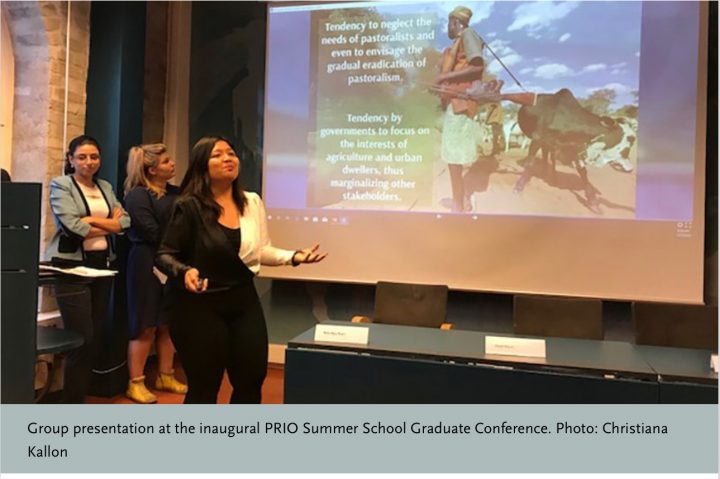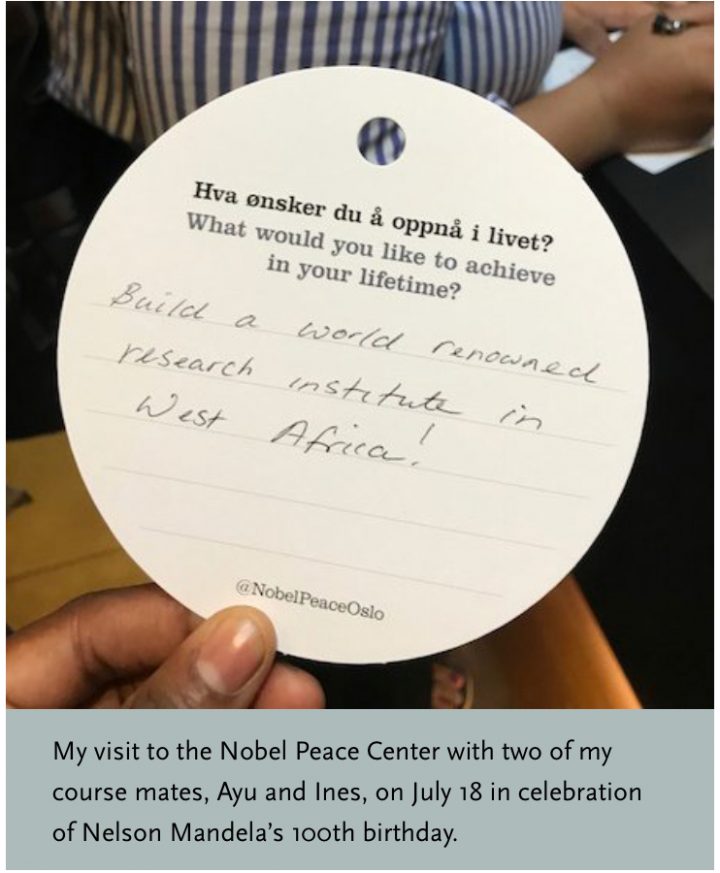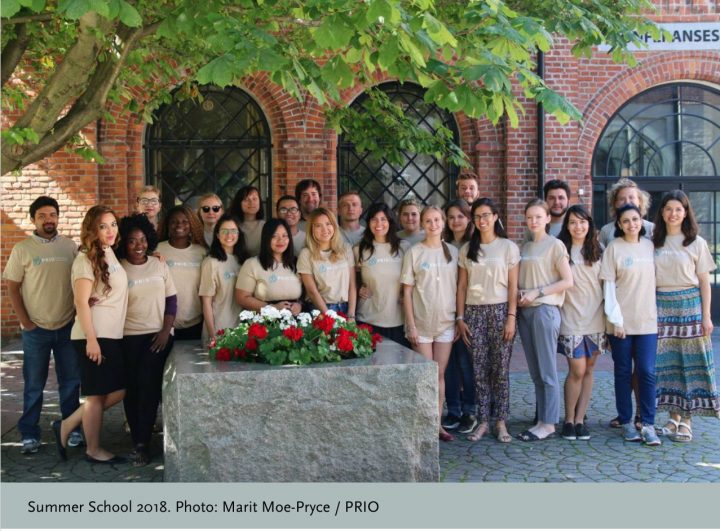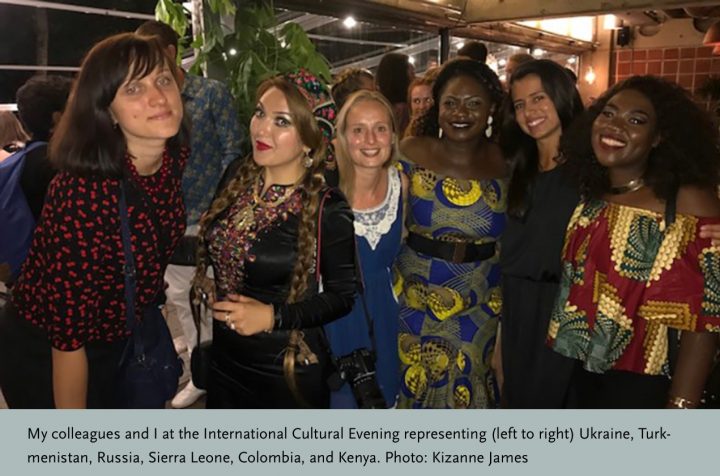As the PRIO Summer School comes to an end, I’ve reflected on some suggestions for continuing this process of decolonizing peace research:
1. Identifying committed leaders
We were very fortunate to have Kendra Dupuy and Ida Roland Birkvad as our PRIO course co-coordinators this year. From the very beginning, Kendra and Ida encouraged us to ask tough questions and think critically about dominant narratives in peace and conflict studies. In addition, they shared relevant resources with us and directed us to scholars who are engaging with similar questions about power within the movement to decolonize the academy. Through their leadership and guidance, Kendra and Ida helped to create a critically reflective environment.
2. Building diverse research teams
Young people from the Global South offer a wealth of insights and skills that can further research on peace and conflict. Inviting them to contribute research assistance to large projects will provide employment opportunities and shed light on local practices and dynamics, which may not be known to or understood by outsiders. These nuanced perspectives will contribute significantly to scholarly discourse.
3. Addressing gatekeeping challenges in academic publishing
The majority of publications in top-ranking journals are written by scholars from the West. We had the opportunity to discuss this concern with the editors of PRIO’s two International Relations journals, the Journal of Peace Research (JPR) and Security Dialogue (SD), who recognize this challenge and are seeking to address it. One recommendation is for research institutes and funders to cultivate mentoring relationships that enable emerging scholars from the Global South to develop methodological and theoretical tools that can help lead to academic publishing.

4. Providing creative platforms for peace dialogue
We tend to privilege publishing in journals or books over other modes of knowledge production. However, the arts provide access to alternative forms of knowing beyond written words – visual, tactile – that we don’t have access to through more traditional academic methods. The vocalists, poets, and musicians in our cohort demonstrated how the arts can be used in a number of effective ways: for example, to highlight the role of youth in peacebuilding processes, to discuss post-election violence, and to protest against political prisoners.

5. Funding researchers from the Global South
On Monday 9th July, Iselin Nybø, the Norwegian Minister for Research and Higher Education, visited our class and discussed Norway’s commitment to promoting the internationalization of universities across the country. The majority of my classmates and I were fortunate enough to have received partial or full scholarships that enabled us to participate in the PRIO Summer School. Continued financial support through research grants, travel grants and scholarships will help ensure engagement with scholars from developing countries.
Representation and critical contributions from the Global South are crucial to the decolonization of peace research. My experiences at PRIO Summer School have helped me to see the possibilities in such approaches and provided the inspiration needed to continue my critical engagement in the field of peace and conflict studies.
* (Armenia, Belarus, Bosnia and Herzegovina, Brazil, Canada, Colombia, Denmark, Egypt, France, Indonesia, Kenya, Lebanon, Moldova, Pakistan, Russia, Sierra Leone, Turkmenistan, Ukraine, Uzbekistan, and Vietnam.)







